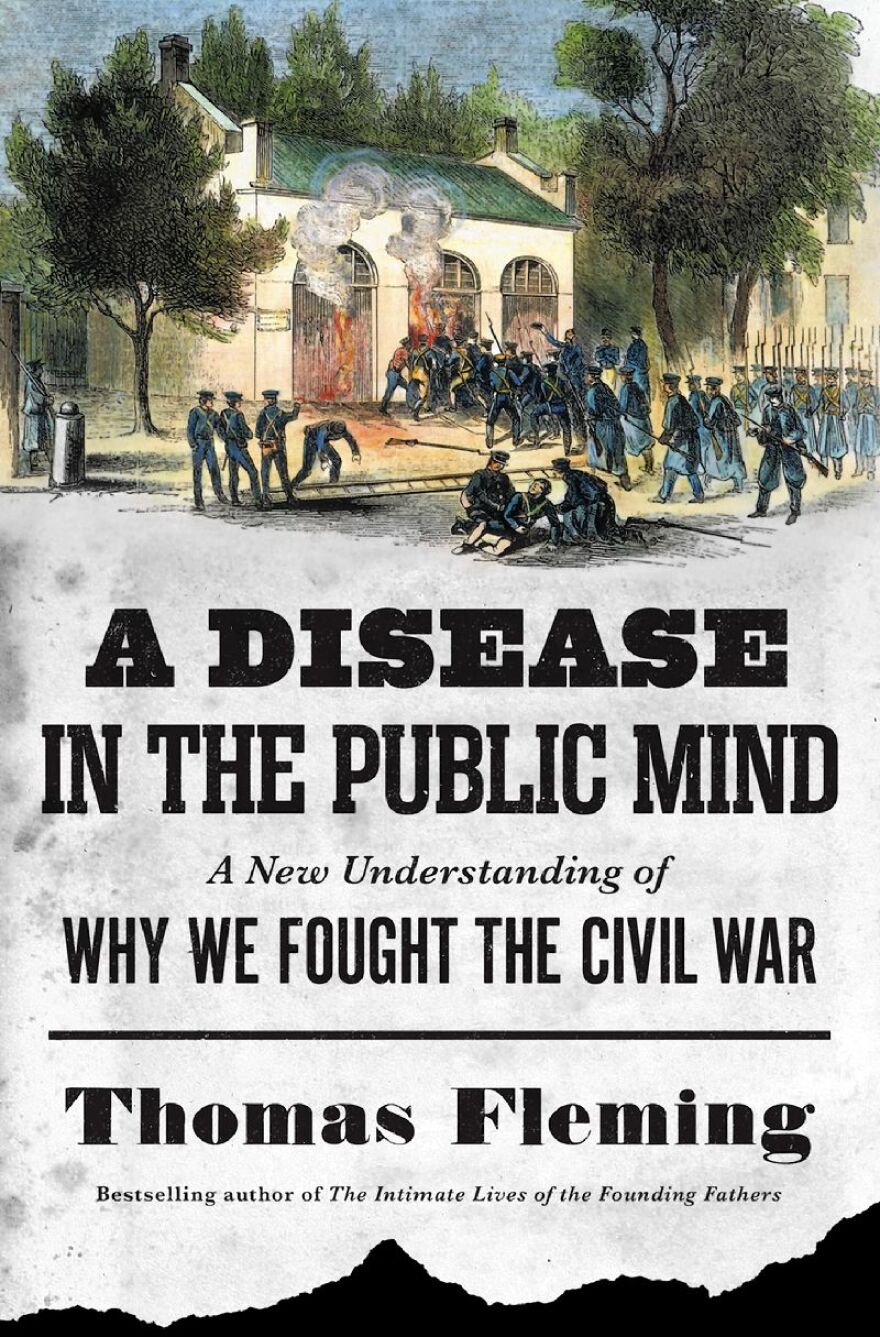The issue of slavery was, of course, at the heart of the American Civil War --- but have you ever wondered why this country fought a four-year, deeply tragic war over the issue, while many other nations (during basically the same historical period) did away with slavery without going to war? We're pleased to welcome to our show the historian Thomas Fleming, who has written more than 50 books and often appears as a commentator on PBS, A&E, and the History Channel. Fleming's latest book is "A Disease in the Public Mind: A New Understanding of Why We Fought the Civil War." As was noted of this title in the New York Journal of Books: "Do we really need another book about the Civil War? Mr. Fleming makes a solid, compelling case in the affirmative. His narrative weaves new threads through this seminal event in American history. Through his exposition of largely ignored events he affords us a clearer, much more succinct picture of antebellum America.... Fleming's scholarship digs further into the prevailing Southern and Northern attitudes and mores of the period to draw into sharper relief the more widespread concerns, political and public, behind the Civil War.... Certainly this book will provoke controversy of some manner, but we can ill afford to take as gospel truth what has typically been passed off as general history.... 'A Disease in the Public Mind' is not simply a thoughtful read, it is another call never to forget our sordid past, to face and conquer our fears." And further, per a book critic at the Roanoke Times: "A thoughtful examination of the root cause of that costly conflagration that interrupted the lives of the entire nation.... Fleming's trademark as an historian is his ability to tell a story without interjecting his bias or his own opinions, unless they are supported by facts. In this book, [he] continues that tradition of professional observation.... Fleming's story about our 'disease in the public mind' is the very essence of good history."
"A Disease in the Public Mind: A New Understanding of Why We Fought the Civil War"







